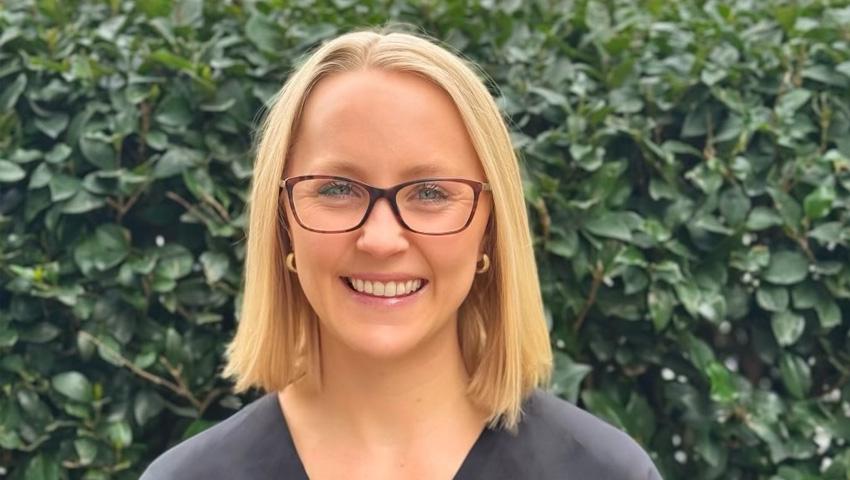Dr. Eriksson is a licensed psychologist who received her doctorate in school psychology from William James College (formerly known as the Massachusetts School of Professional Psychology). Prior to that, she obtained her master’s degree from Northeastern University. In addition to being a licensed psychologist in North Carolina, she is a Nationally Certified School Psychologist and previously held a license as a Board Certified Behavior Analyst.
Dr. Eriksson has experience working with children, adolescents, and young adults in outpatient settings, neuropsychological assessment centers, and schools. Her post-doctoral training was focused on neuropsychological assessment and included experience with neurofeedback. Previous training included training at the May Center School for Autism and Developmental Disabilities. Prior to joining Dr. Granetz, she worked as the Director of Psychological Services at Matone Counseling and Testing in Charlotte. She has experience providing supervision to post-doctoral level psychologists and psychological associates. Before completing her doctorate, she served as a school psychologist and counselor in a K-2 school in Massachusetts where she helped establish a program to support children with social-emotional and behavioral differences.
Currently, Dr. Eriksson provides both neuropsychological assessment and therapy to children, adolescents and young adults. She emphasizes a collaborative and flexible approach that is unique to each person’s needs. She has extensive experience in the assessment of Autism Spectrum Disorders and other neurodevelopmental disorders, including Attention Deficit Hyperactivity Disorder. Dr. Eriksson takes a strength-based approach to assessment and is passionate about providing parents a better understanding of their child’s needs and next steps that feel tangible and can help lead to success. With regard to therapy, she is trained in Parent Child Interaction Therapy (PCIT), an evidence-based therapy supporting parents of children who have difficulty following directions, low frustration tolerance, and disruptive behavior. In therapy, she helps support children and teenagers with anxiety, adjustment difficulties, learning differences, and more.





